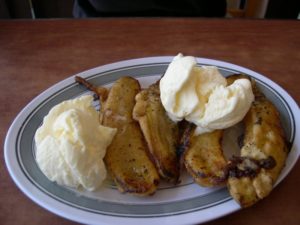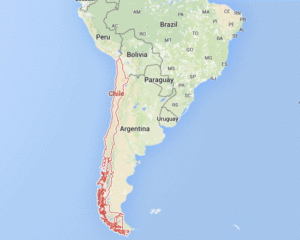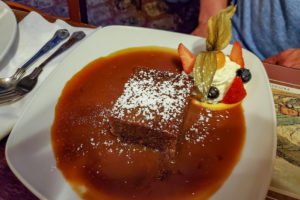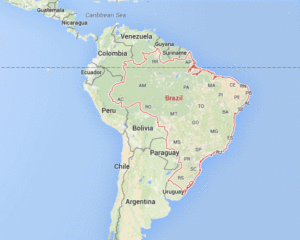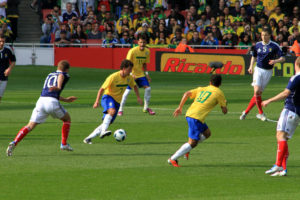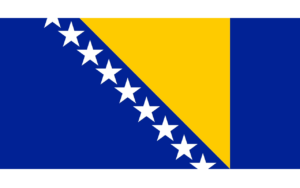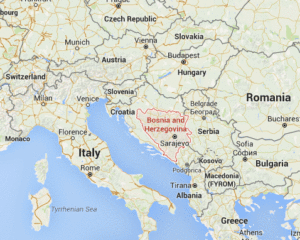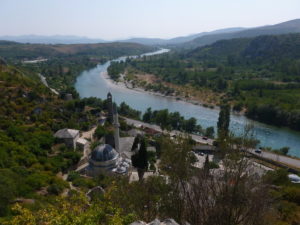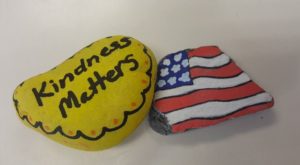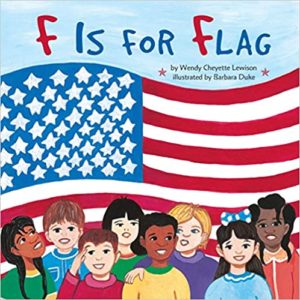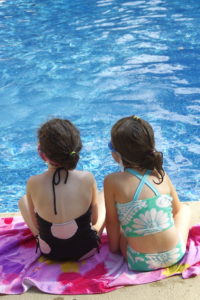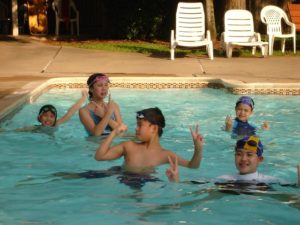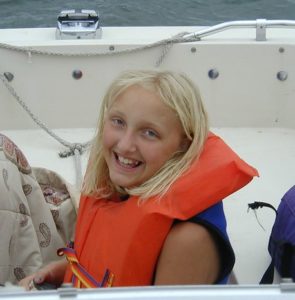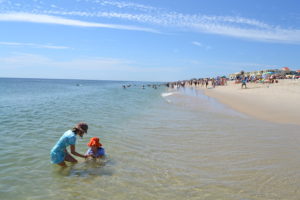Ingredients
- 3 Bananas (Just ripe but not overripe)
- 1 teaspoon of Fine Salt
- ½ cup of Water
- ¾ cup of Multi-purpose flour
- Cinnamon Sugar/Brown sugar
- Confectioner’s white powdered sugar
- Cooking oil (for deep frying)
Instructions
- Peel bananas and slice them into mouth size.
- Heat oil in wok or electric deep fryer (300F).
- Mix flour and salt and water together. Stir until there are no more beads of flour. Add water accordingly, as needed.
- Marinate the sliced bananas in the flour mix.
- Once the oil is heated, place each banana into the wok. Deep fry until golden brown.
- Drain excess oil and serve with dashes of powdered sugar and cinnamon sugar/brown sugar.
Contributed by Enk Hwa Tan, au pair in Illinois 2004
Photo by: Yosomono {flickr}

